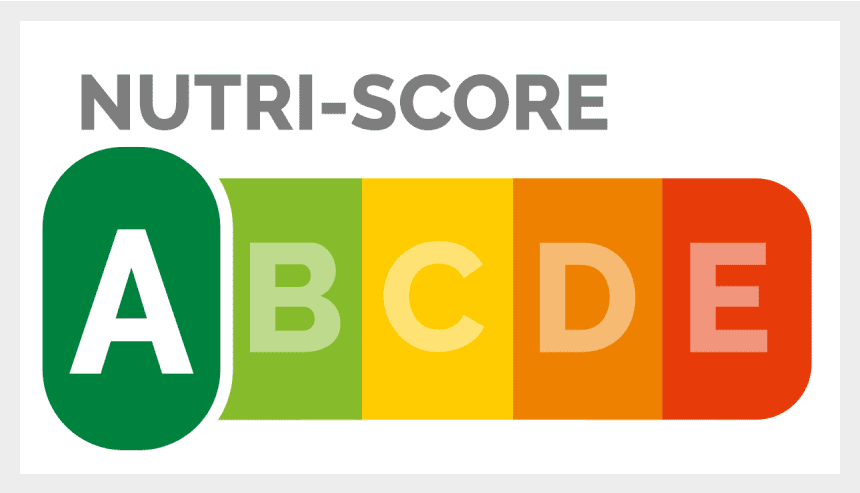European Commissioner for Health and Food Safety Stella Kyriakides is set to meet with members of the European olive oil sector to discuss their opposition to Nutri-Score in the next few weeks.
Representatives from the governing body of the European Union have already discussed the matter with the International Olive Council (IOC) ahead of the possible European-wide adoption of the French-born front-of-pack-labeling (FOPL) system.
Olive oils must be promoted, and everything possible must be done to avoid confusion and penalizing this product as is the case with the current Nutri-Score system.
QV Extra!, the Spain-based international olive oil producer association, has just announced that it is meeting in Madrid with the IOC on May 20 to discuss the nutritional labeling and health profile of the European Union’s extra virgin olive oil. Kyriakides, the European commissioner for health and food safety, is also expected to attend.
Kyriakides’ office is directly involved in the European Commission’s ongoing work regarding the implementation of a harmonized food labeling scheme.
See Also:European Parliament Recommends Adoption of Europe-Wide Food LabelsIn recent weeks, Kyriakides has assured the IOC that the olive oil sector’s criticism of Nutri-Score and similar food labels were being considered.
For its part, IOC officials said the organization was dedicated to promoting extra virgin olive oil culture and consumption based on a plethora of scientific research regarding its healthy properties.
The IOC also emphasized the role of the European Union in these efforts, as seven E.U. countries are responsible for about 65 percent of global production.
Nutri-Score, a traffic light style FOPL with five letter-color grades ranging from the healthiest “Green A” to the least healthy “Red E,” is considered the front-runner to become a Europe-wide food health label. The European Commission is set to make its final decision by the end of the year.

The current debate comes on the heels of strong opposition to Nutri-Score from olive oil producers in Europe in the last two years. Many different organizations have repeatedly criticized the fact that Nutri-Score assigns a “Yellow C” to all grades of olive oil.
Olive oil producers are especially critical of the fact that the rating system does not take olive oil’s polyphenol content into account, just its fat composition.
“On the contrary, its simplistic classification could even push customers away from food that has so many scientifically-proven health benefits,” Anna Cane, president of the Association of the Italian Olive Oil Industry (Assitol), told Olive Oil Times in a November 2020 interview.
Since its inception, there has been strong opposition to Nutri-Score in Italy. However, resistance has also grown in Spain, prompting Minister of Consumption Alberto Garzón to announce that producers and distributors in the world’s largest olive oil-producing country would be exempted from labeling their products with Nutri-Score.
“We have reached an agreement with the distributors so that Nutri-Score is not required for olive oil,” Garzón said at the time. “In the meantime, we are trying to change its valuation. Olive oil is good for your health and cannot have a label that says it’s bad.”
The Exporters’ Association of Crete has also rejected Nutri-Score. Officials on the olive oil-soaked Greek island, which is responsible for roughly one-third of the country’s annual production total, accused the FOPL of “misleading customers” by only taking olive oil’s macronutrients into account in its algorithm.
Nutri-Score creator Serge Hercberg told Olive Oil Times in 2020 that the FOPL is meant for consumers to compare products belonging to the same food category. He added that the “Yellow C” is the healthiest possible rating for a vegetable or seed oil.
Back in Madrid, Abdellatif Ghedira, the IOC’s executive director, told Kyriakides that the olive oil sector is interested in promoting a label capable of “properly explaining to consumers the nutritional properties and health benefits of olive oil.”
“Olive oils must be promoted, and everything possible must be done to avoid confusion and penalizing this product as is the case with the current Nutri-Score system,” he added.
Along with the olive oil sector, Nutri-Score has been widely criticized by other food producer groups. Opposition is also growing among producers of traditional specialties in the E.U., especially cheese producers.









